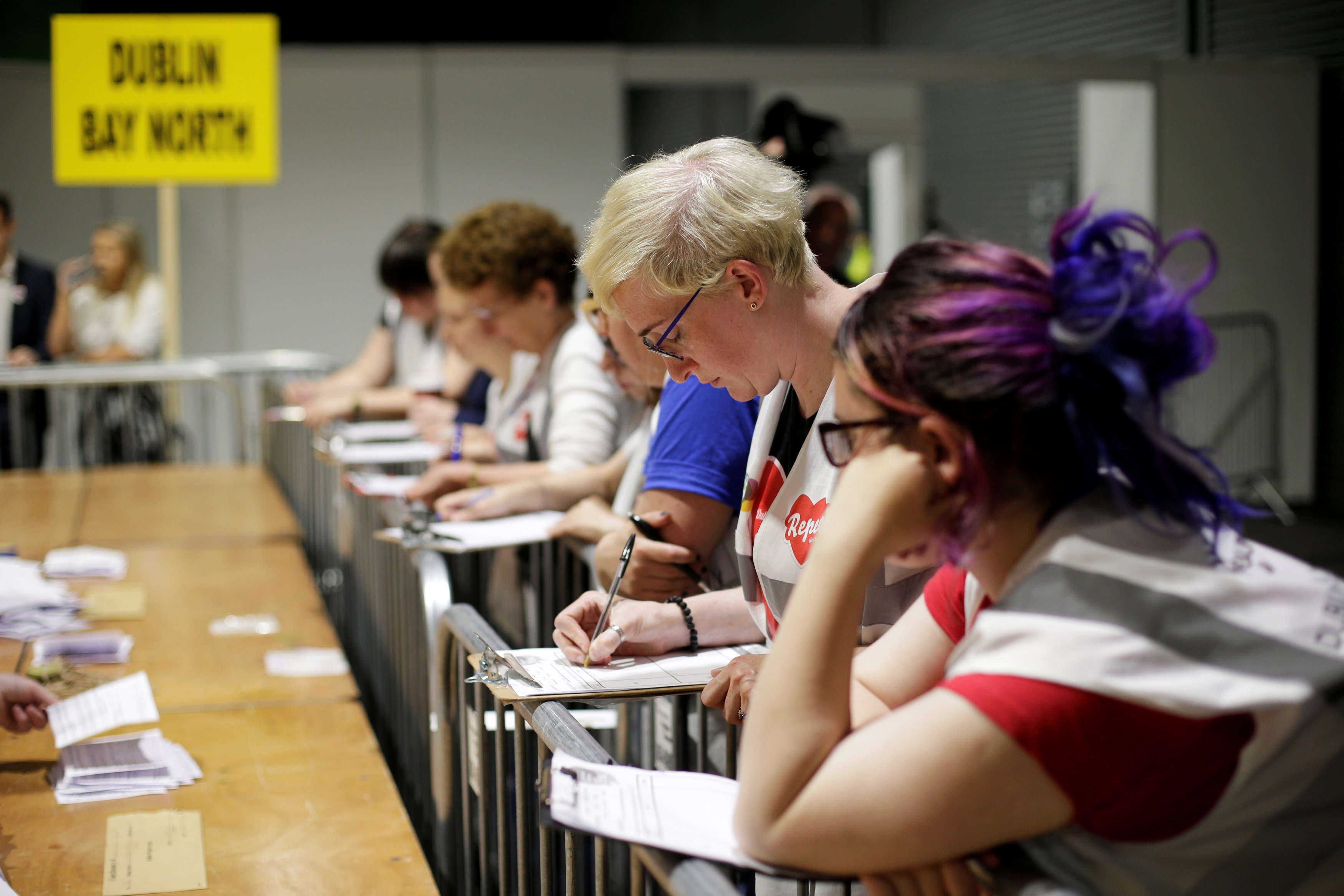
By Lawrence Hurley
WASHINGTON (Reuters) – The U.S. Supreme Court on Monday took no action on appeals seeking to revive two restrictive Republican-backed abortion laws from Indiana, even as debate rages over a new measure in Alabama that would prohibit the procedure almost entirely.
Neither Indiana case was on the list of appeals on which the court acted on Monday morning. The court could next announce whether or not it will hear the cases on May 28.
If the nine-justice court takes up either case, it would give the conservative majority an opportunity to chip away at the landmark 1973 Roe v. Wade ruling that legalized abortion nationwide and recognized a right under the U.S. Constitution for women to terminate pregnancies.
One of the Indiana laws requires fetal remains to be buried or cremated and bans abortions performed because of fetal disability or the sex or race of the fetus. The other law requires women to undergo an ultrasound examination at least 18 hours before they undergo an abortion.
Both Indiana measures were signed into law in 2016 by Vice President Mike Pence when he was Indiana’s governor and were struck down by federal judges the following year. The state of Indiana is appealing to the Supreme Court.
The Alabama law was signed by Republican Governor Kay Ivey last week but is not set to go into effect for six months. It would outlaw almost all abortions, including in cases of pregnancies resulting from rape or incest. Exceptions would be allowed only to protect the mother’s health. Doctors who perform abortions could face up to 99 years in prison.
The Alabama law was written with the assumption that it would face legal challenges and could ultimately end up at the high court.
Conservative activists have long denounced the Roe v. Wade decision and hope that the conservative Supreme Court justices, who hold a 5-4 majority, will undermine or even overturn it.
Their chances of success were given a boost last year by the retirement of Justice Anthony Kennedy, who had backed abortion rights in two key cases. Kennedy was replaced by President Donald Trump’s conservative appointee Brett Kavanaugh, who has a thin record on abortion.
Legislation to restrict abortion rights has been introduced this year in 16 states. Four governors have signed bills banning abortion if an embryonic heartbeat can be detected.
Kavanaugh and Chief Justice John Roberts, who has voted against abortion rights in previous cases, are seen by legal experts as the key votes to watch.
The high court has two other abortion cases on its docket that it will also act on in the coming months – attempts by Alabama and Louisiana to revive other previously blocked abortion restrictions.
(Reporting by Lawrence Hurley; Editing by Kevin Drawbaugh, Bill Berkrot and Will Dunham)












